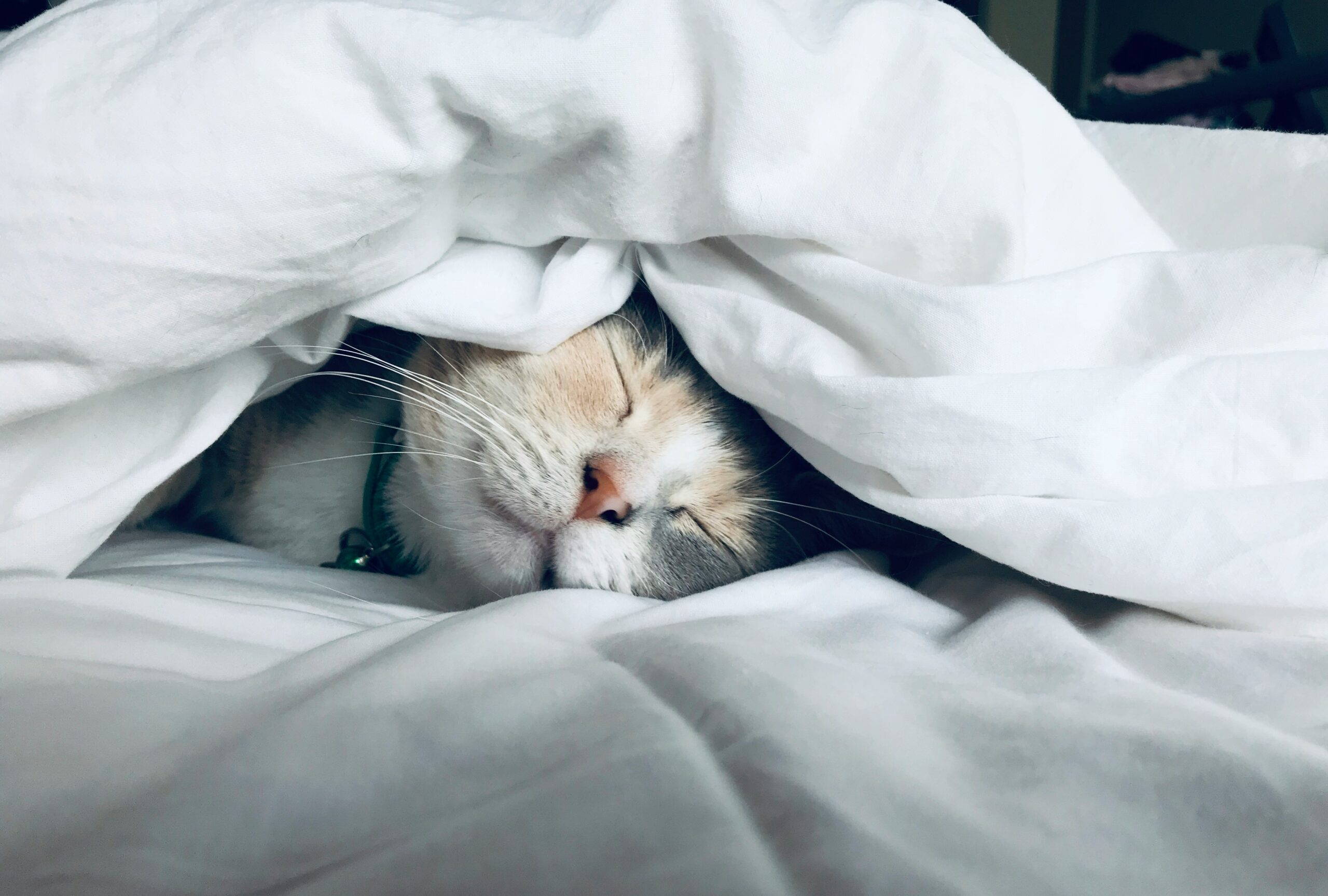Why We Sleep: The Science, Purpose, and Power of Rest
Sleep is not just downtime—it’s an active process that restores every cell in the body. In this comprehensive guide, we’ll explore the science of sleep, how it supports our health and emotions, what happens when it’s missing, and how to rebuild nights that truly restore your life.
Track your dreams and sleep quality with Dreamly — your intelligent dream journal on Android and iOS.
The Purpose of Sleep
Rest is not a luxury but a biological necessity. During the night, the body performs complex maintenance: tissues heal, hormones rebalance, and the brain resets its emotional and cognitive circuits. Meanwhile, the immune system strengthens and the heart rate drops, preserving energy for recovery. In essence, sleep acts as the body’s most effective form of therapy—one that evolution has protected for millions of years.
How Sleep Works
Every night, our rest follows a rhythm made up of distinct stages. At first, we drift through light sleep, where the body begins to relax. As we move deeper, slow-wave sleep takes over, supporting repair and immunity. Later, REM stages appear—where dreaming, creativity, and emotional integration thrive. Although each phase serves a different purpose, together they form a complete cycle of renewal.
Two biological forces guide this process. The first, sleep pressure, increases the longer we stay awake, while the second, our circadian rhythm, synchronizes the body’s timing with light and darkness. When these align, rest comes easily. However, when they clash—through stress, screens, or irregular schedules—fatigue and insomnia often appear.
What Sleep Does for the Body and Mind
Healthy rest is essential for every system in the body. While we sleep, blood pressure drops, muscles repair, and metabolism stabilizes. Hormones responsible for growth, appetite, and stress return to balance. At the same time, inflammation decreases, helping prevent chronic disease and fatigue.
Inside the brain, the impact is just as powerful. Neurons reorganize, strengthening valuable connections and clearing out the unnecessary. The glymphatic system removes toxins, keeping cognitive functions sharp. REM stages help link emotion and memory, supporting creativity and problem-solving. Therefore, good rest doesn’t only restore energy—it protects mental clarity, emotional health, and long-term well-being.

The Cost of Sleep Loss
After just one short night, focus fades and judgment declines. Hunger increases, the mood darkens, and immune defenses weaken. When lack of rest becomes habitual, the damage multiplies. Blood pressure rises, metabolism falters, and risk for heart disease and diabetes grows. Mentally, attention wanes, creativity drops, and emotional stability erodes. In severe deprivation, the body can no longer sustain balance, showing that rest is not optional—it’s vital for survival.
Sleep Through Life
Our need for rest evolves over time. Newborns sleep most of the day as their brains develop. Children and teenagers still require long, stable nights to learn and grow. Adults thrive on seven to nine hours, though routine consistency matters most. Later in life, rest becomes lighter, but keeping regular hours and getting daylight exposure helps preserve its benefits. Simply put, sleep quality shapes every chapter of life.
Chronotypes, Naps & Caffeine
Each person’s internal clock is unique. Some function best at sunrise, others late at night. Understanding your chronotype allows you to align daily habits with your natural rhythm. Short naps—about 20 minutes—can restore alertness without disturbing nighttime rest. However, caffeine should be managed carefully: delaying your first coffee by an hour after waking and avoiding it six hours before bed helps protect sleep depth and timing.
Sleep Disorders
When good habits fail to improve rest, a clinical condition may be at play. Insomnia, for example, is common but treatable through cognitive-behavioral therapy. Obstructive sleep apnea, marked by snoring and breathing pauses, fragments rest and strains the heart. Restless legs syndrome and narcolepsy also disrupt sleep architecture. Circadian rhythm disorders, such as shift-work fatigue, occur when internal timing clashes with social schedules. Fortunately, medical evaluation and targeted treatments can restore balance and quality rest.
Better Sleep Habits
Improving rest often begins with regularity. Waking up and going to bed at the same time each day strengthens your internal rhythm. Morning light helps regulate hormones, while dim lighting in the evening prepares the body for rest. A cool, dark, and quiet bedroom promotes deep recovery. Avoid heavy meals, alcohol, and nicotine before bed, and replace screen time with calm rituals like reading or gentle stretching. If fatigue persists despite these habits, professional guidance can reveal underlying causes and lead to lasting improvement.
FAQ
How many hours of rest do adults need?
Most adults perform best with seven to nine hours each night. More important than duration, however, is maintaining a consistent schedule.
Is REM or deep sleep more important?
Both matter deeply. Deep sleep restores the body, while REM integrates emotions and memory. Losing either one disrupts balance and resilience.
Can we catch up on lost sleep?
Partially, yes—but large weekend swings confuse the body’s clock. The most effective strategy is steady, daily regularity.
Is lack of rest dangerous?
Absolutely. Even minor deprivation impairs reaction time and focus, while chronic loss increases risks of cardiovascular and mental health issues.
What’s the easiest way to improve sleep?
Wake up at the same time each day and get morning sunlight. This simple anchor strengthens your circadian rhythm and promotes better nights naturally.







